All Stories
-
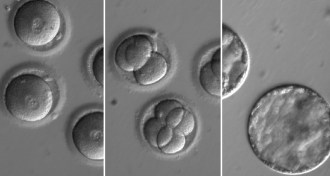 Genetics
GeneticsGene editing of human embryos gets rid of a mutation that causes heart failure
Gene editing of human embryos can efficiently repair a gene defect without making new mistakes.
-
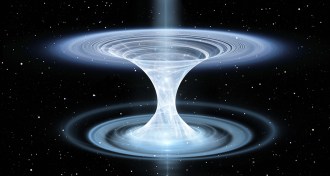 Quantum Physics
Quantum PhysicsModern-day Alice trades looking glass for wormhole to explore quantum wonderland
A new paper shows how the possibility of wormholes linking quantum-entangled black holes could be tested in the laboratory.
-
 Health & Medicine
Health & MedicineOne in three U.S. adults takes opioids, and many misuse them
More than a third of U.S. adults used prescription opioids in 2015, and nearly 13 percent of that group misused the painkillers in some way.
By Kate Travis -
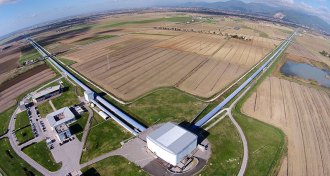 Physics
PhysicsVirgo detector joins LIGO in the search for gravitational waves
The Virgo detector near Pisa, Italy, has begun searching for subtle ripples in the fabric of spacetime.
-
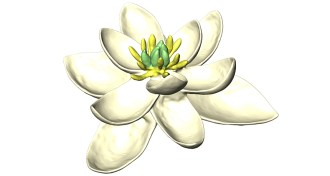 Plants
PlantsA new portrait of the world’s first flower is unveiled
A reconstruction of the first flowers suggests the ancient blooms were bisexual.
-
 Health & Medicine
Health & MedicineOne in three U.S. adults takes opioids, and many misuse them
More than a third of U.S. adults used prescription opioids in 2015, and nearly 13 percent of that group misused the painkillers in some way.
By Kate Travis -
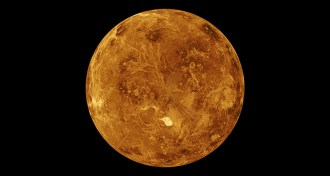 Planetary Science
Planetary ScienceEvidence mounts for an ocean on early Venus
Not long after its birth, Venus may have rocked a water ocean, new simulations suggest.
-
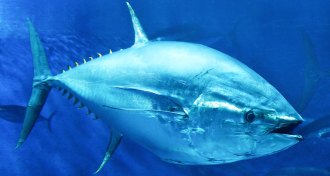 Animals
AnimalsNewly discovered lymph hydraulics give tunas their fancy moves
There’s still some anatomy to discover in fishes as familiar as bluefin and yellowfin tunas.
By Susan Milius -
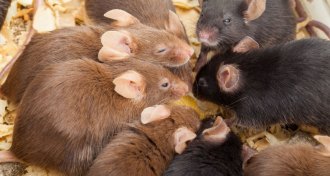 Neuroscience
NeuroscienceMice with a mutation linked to autism affect their littermates’ behavior
Genetically normal littermates of mutated mice behave strangely, suggesting that the social environment plays a big role in behavior.
-
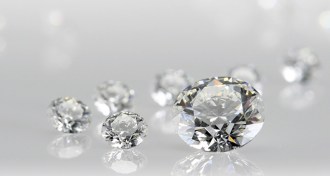 Materials Science
Materials ScienceDiamond joins the realm of 2-D thin films, study suggests
Scientists squeezed graphene sheets into diamondene.
-
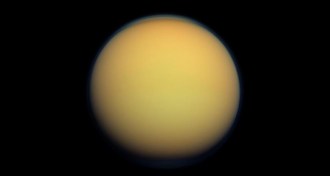 Space
SpacePotential ingredient for alien life found on Titan
The atmosphere and oceans of Saturn’s moon Titan contain vinyl cyanide, a compound predicted to form cell-like bubbles.
-
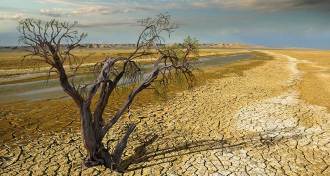 Science & Society
Science & SocietyDoes doom and gloom convince anyone about climate change?
New York magazine spurred conversation with a recent article on climate change. Will its apocalyptic approach have an impact?